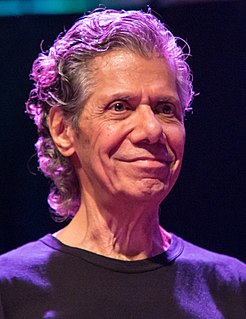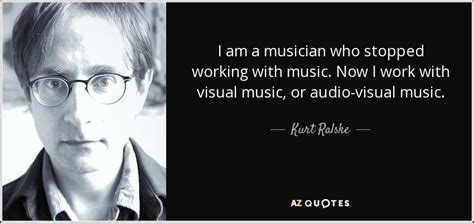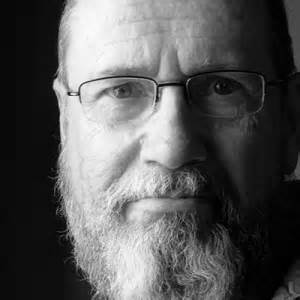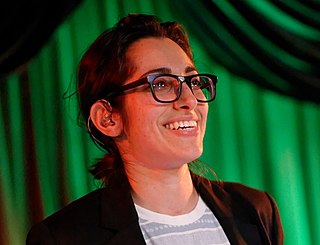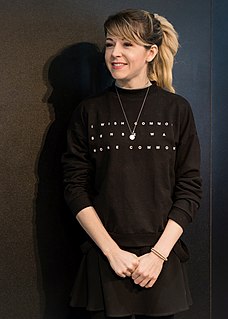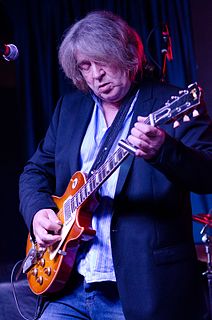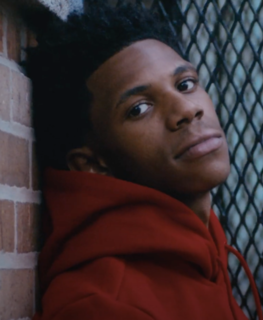A Quote by Chick Corea
It's made music more accessible with YouTube and the ability to trade audio files. But it hasn't made it more popular.
Related Quotes
For the nerd in me, I prefer full quality digital files as they give a truer representation of the source mix, the studio in fact. From these files I can quite often tell what kind of set up made the tracks. For the music lover in me, vinyl is more woosey, richer, more alive, more real, more imperfect and somehow becoming more like life itself. But I don't prefer it per se. The mastering engineer in me always loves to hear it as it was made.
I was a musician who began playing with computers, to see if they could make some tasks simpler. I developed some "tricks" or strategies for working with audio files, and then discovered that the same tricks could be applied to video files, or really, any type of data. Previously I made many different kinds of music. I did some work as a composer of film scores. In that role, my task was to create audio to match and deepen the visual. In my work now, the role is often reversed: I have to create images to match and deepen the audio.
Coming from a YouTube perspective, a lot of times you kind of limit yourself and think, 'Oh, artists from the real world wouldn't want to work with someone who's made their career on YouTube.' But more and more, I'm realizing that artists from both sides are learning that we can benefit from each other.
Popular music of the last 50 years has failed to keep in step with advances in musical theater, namely Stephen Sondheim. But the two have grown apart so that popular music is based more than ever on a rhythmic grid that is irrelevant in musical theater. In popular music, words matter less and less. Especially now that it's so international, the fewer words the better. While theater music becomes more and more confined to a few blocks in midtown.
Early American music and early folk music, before the record became popular and before there were pop stars and before there were venues made to present music where people bought tickets, people played music in the community, and it was much more part of a fabric of everyday life. I call that music 'root music.'
